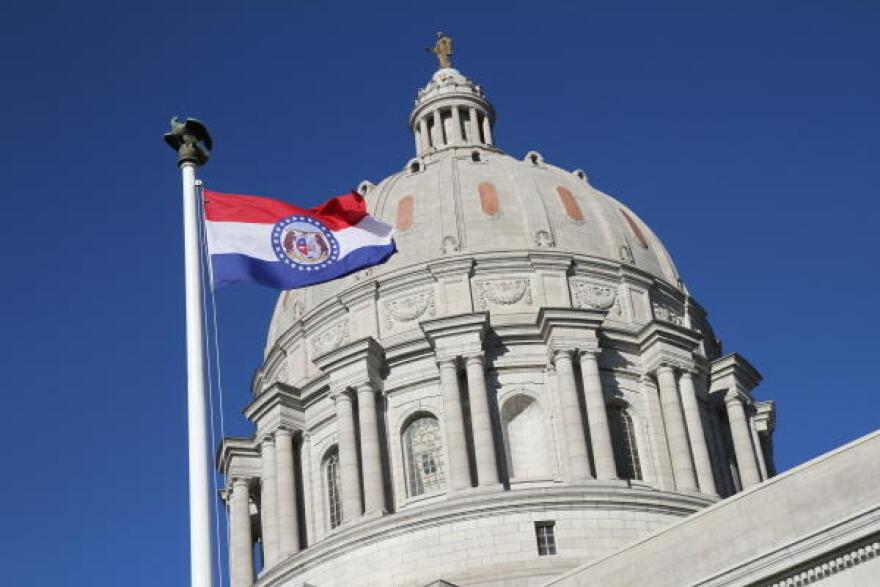Missouri’s COVID response was the worst in the region, across multiple metrics, including hospital usage. That’s according to the Commonwealth Fund, a national health-focused private foundation. Its 2022 Scorecard on State Health System performance also ranked Missouri last among neighboring states in other areas including health care access and affordability, avoidable hospital use, and income disparity.
David Radley is a senior scientist with the fund and joined the Health & Wealth desk to explain the state’s low ranking.
TRANSCRIPT
Health & Wealth: Missouri ranked last among the seven plains states in the new COVID-19 response category. Can you explain what some of the indicators you looked at were in that COVID-19 field?
David Radley: So we looked at 7 measures of health system performance that are going to be specific to the COVID pandemic. Taken together, all seven of those measures together, you’re right. Missouri ranks on these COVID measures, ranks 40th overall but sort of last among states that fall into this group of plains states including Iowa, Kansas, Minnesota, Missouri, Nebraska, North Dakota and South Dakota. So what’s going on — I think there’s a couple of things going on when you look at these specific sets of measures. The two that stand out are these health system stress measures. The number of days over 80 percent ICU capacity and the number of days where 25 percent of hospitals in the state reported a critical staffing shortage. I think both of these give us a pretty unique line of sight into what’s going on in Missouri. It sort of tells us about how close to the breaking point hospitals were. We chose this 80 percent threshold so it’s how many days between August of 2020 and the end of march of 2022 – there’s about 600 days there total. How many of those days during that timespan were Missouri’s ICUs 80 percent full. Missouri ranked relatively low on that measure. Over 295 days at this high level of ICU capacity during that timespan. And 301 days where at least a quarter of the hospitals in Missouri were reporting a critical staffing shortage up to the center for Medicare and Medicaid services
H&W: Missouri was ranked last in the public health spending per resident; it's towards the bottom in a number of other indicators as well. What do you hope is the takeaway from this scorecard either for policy-makers or even just the general public in Missouri?
Radley: What I would hope to take away from a report like this is, I think this is a learning opportunity to be thinking about how can we structure a health system in our state to help prepare for the next time there’s some sort of crisis. And there will be another one. A: we’re not out of COVID yet, there are going to be additional waves of COVID. We know we can get reinfected, in a lot of states, including Missouri, vaccination rates are probably lower than they should be. At the end of March when we stopped data collection, less than a third of Missouri residents who are eligible had had a booster shot. So there’s an opportunity to do a little better on some of the COVID measures, but we’re not out of COVID yet. Separate from that, there are other public health issues that are going to be pressing. The drug overdose epidemic, that is an epidemic that affects Missouri, it affects all states. There’s going to be more infectious disease in the future, hopefully a long time from now, but the takeaway is, take a look at the states that were successful on some of our COVID measures. These are the characteristics of states that have high performing health systems; if Missouri wants to make that choice and try to build really resilient health systems for the next time there’s an emergency, I think this report can give them benchmarks that can help them do that.



